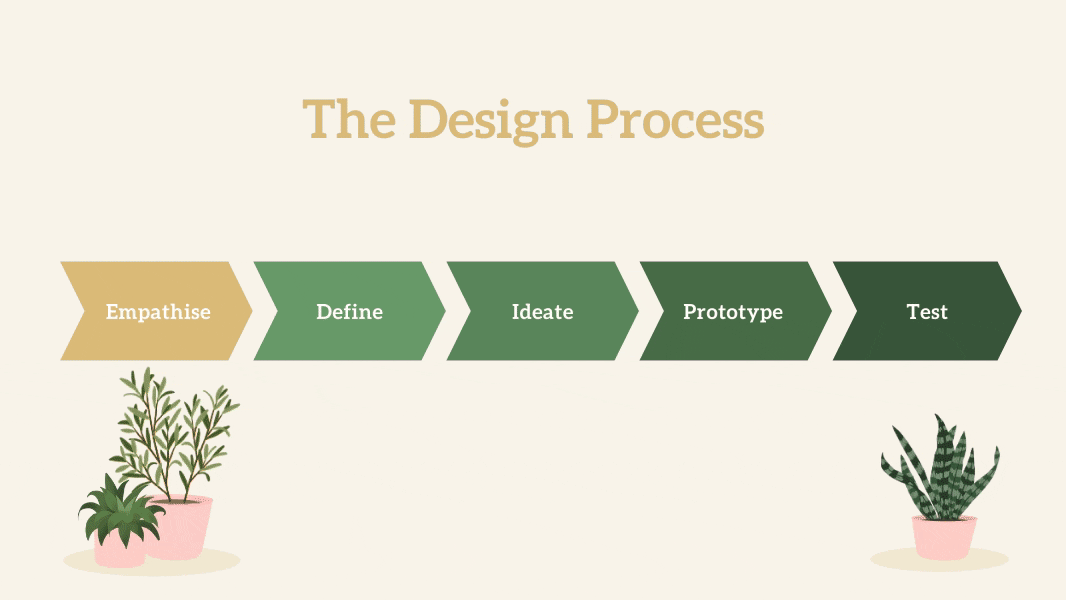From Palette to Prototype: A Designer's Workflow
Published on November 8, 2023 by James Wilson

Developing an effective color system and translating it into a functional design prototype is a critical process in digital product design. This article walks through a professional designer's step-by-step workflow for taking a color palette from initial concept to polished prototype, ensuring visual harmony and usability at every stage.
Phase 1: Research and Inspiration
1.1 Understanding the Project Requirements
Before selecting colors, gather essential information:
- Brand identity guidelines (if applicable)
- Target audience demographics and preferences
- Product purpose and key functionalities
- Competitor color schemes and industry standards
- Technical constraints (e.g., accessibility requirements)
1.2 Gathering Visual Inspiration
Create a mood board with:
Include photographs, artwork, nature scenes, and existing designs that evoke the desired emotional response.
Phase 2: Color Palette Development
2.1 Establishing the Base Palette
Select 1-2 primary colors that represent the brand/product essence:
Consider color psychology, accessibility, and differentiation from competitors.
2.2 Building Supporting Colors
Develop a complete system including:
Neutrals
Semantic Colors
Accents
2.3 Creating Color Variations
Develop tints and shades for each main color to ensure versatility:
2.4 Testing for Accessibility
Verify sufficient contrast between text/background combinations:
Phase 3: Design System Implementation
3.1 Documenting the Color System
Create comprehensive guidelines covering:
- Exact color values (HEX, RGB, CMYK)
- Usage rules for each color
- Allowed combinations
- Accessibility standards
3.2 Setting Up Design Tools
Configure your design software with:
Figma Styles
Sketch Libraries
Adobe Swatches
CSS Variables
3.3 Creating UI Components
Build reusable elements with the color system applied:
Buttons
Inputs
Typography
Phase 4: Prototyping and Testing
4.1 Low-Fidelity Prototyping
Start with grayscale wireframes to test layout and flow before introducing color: